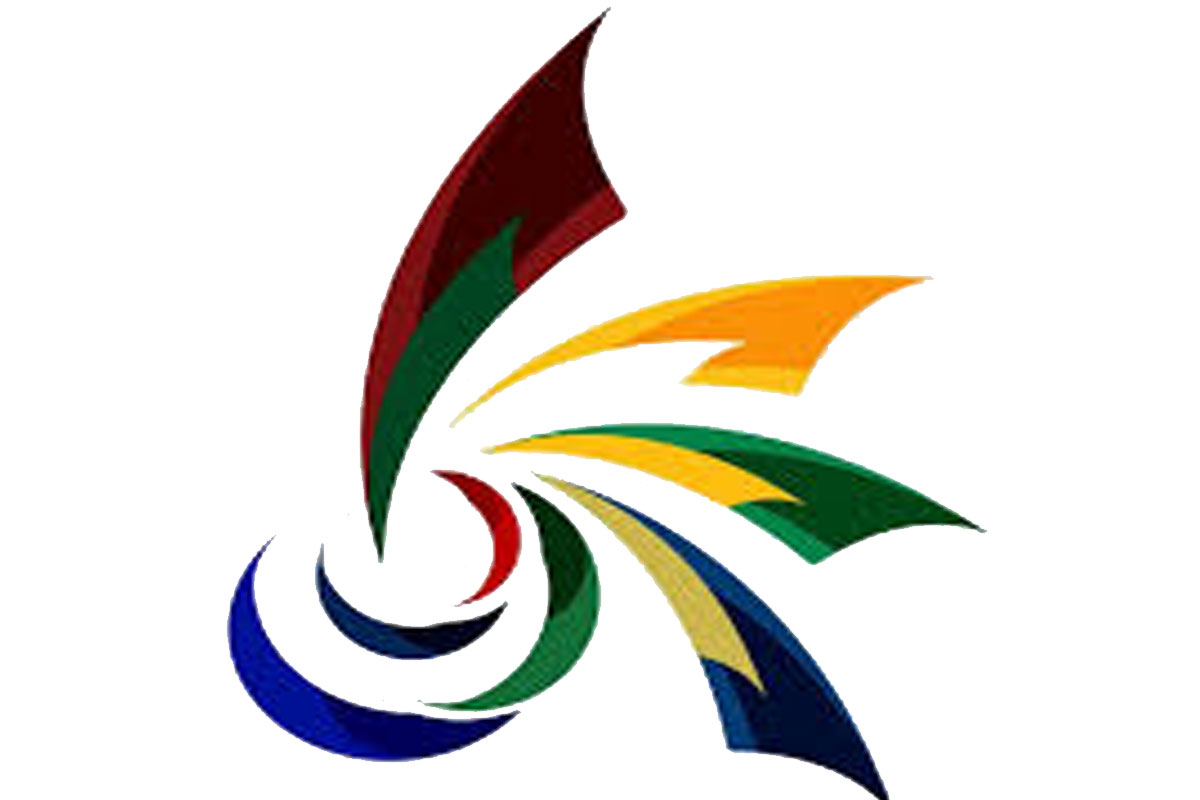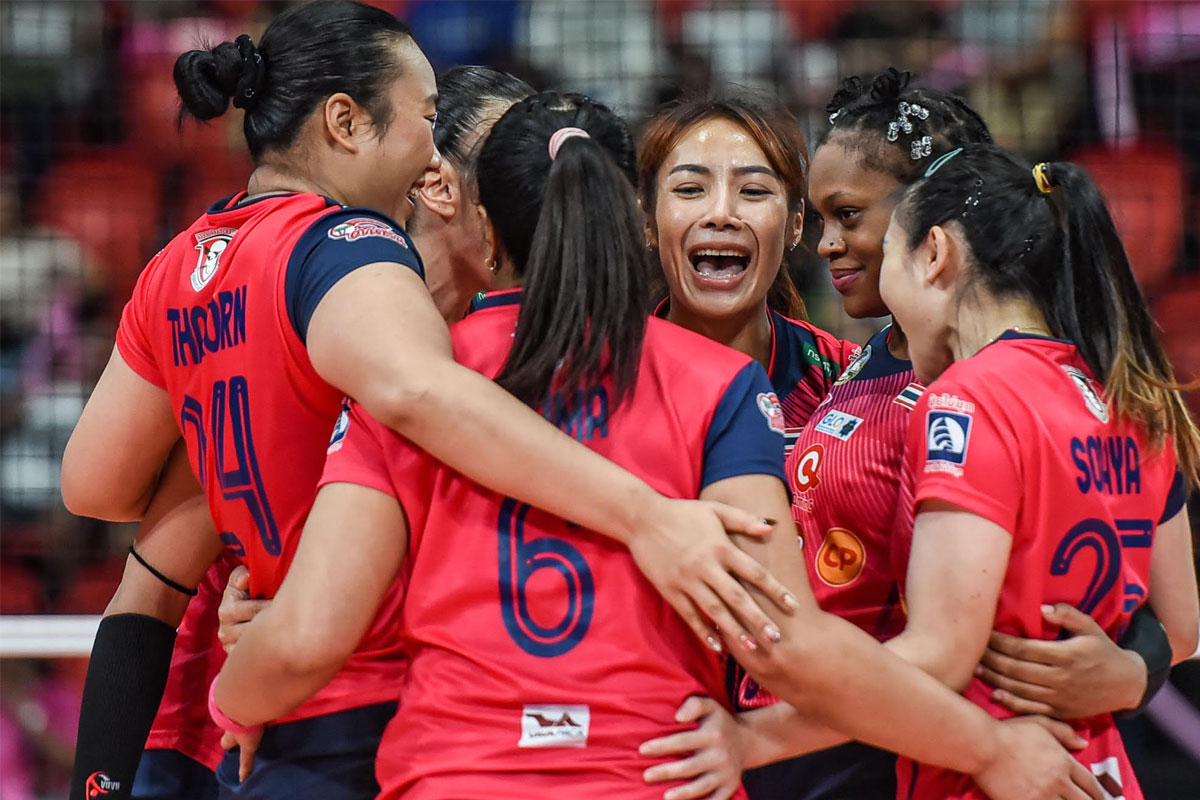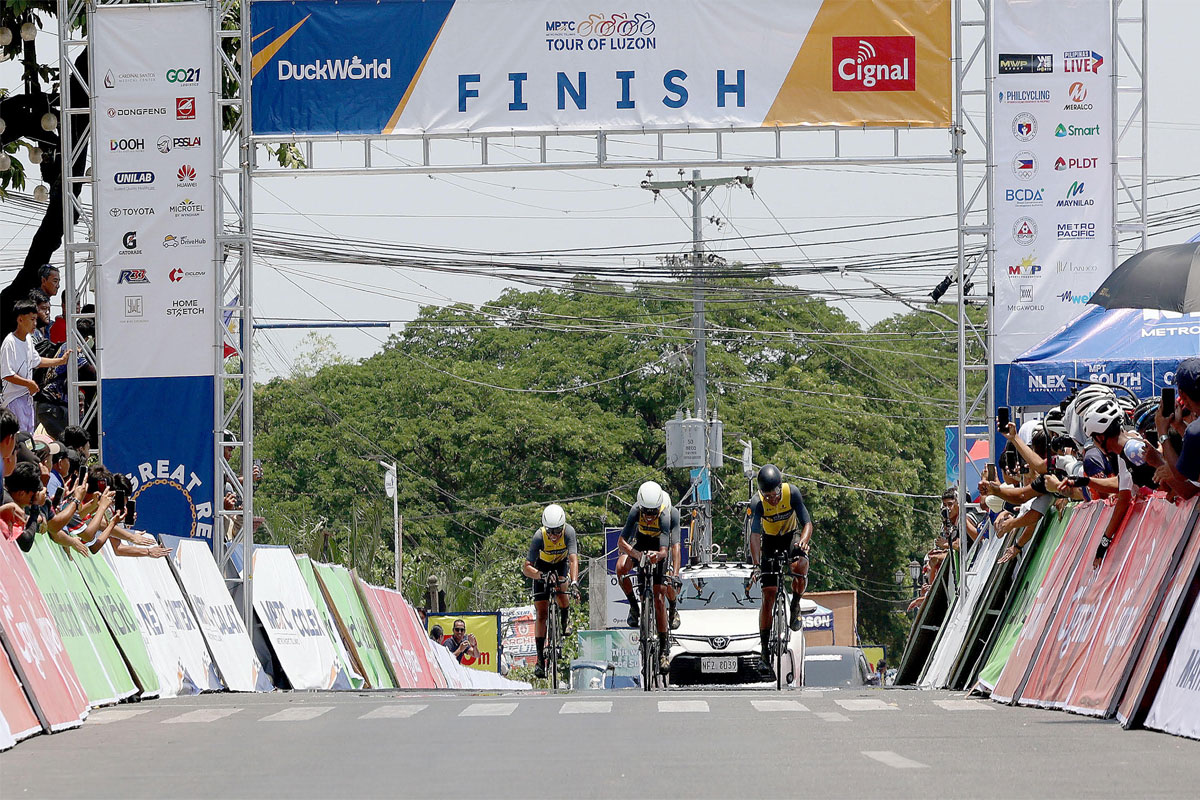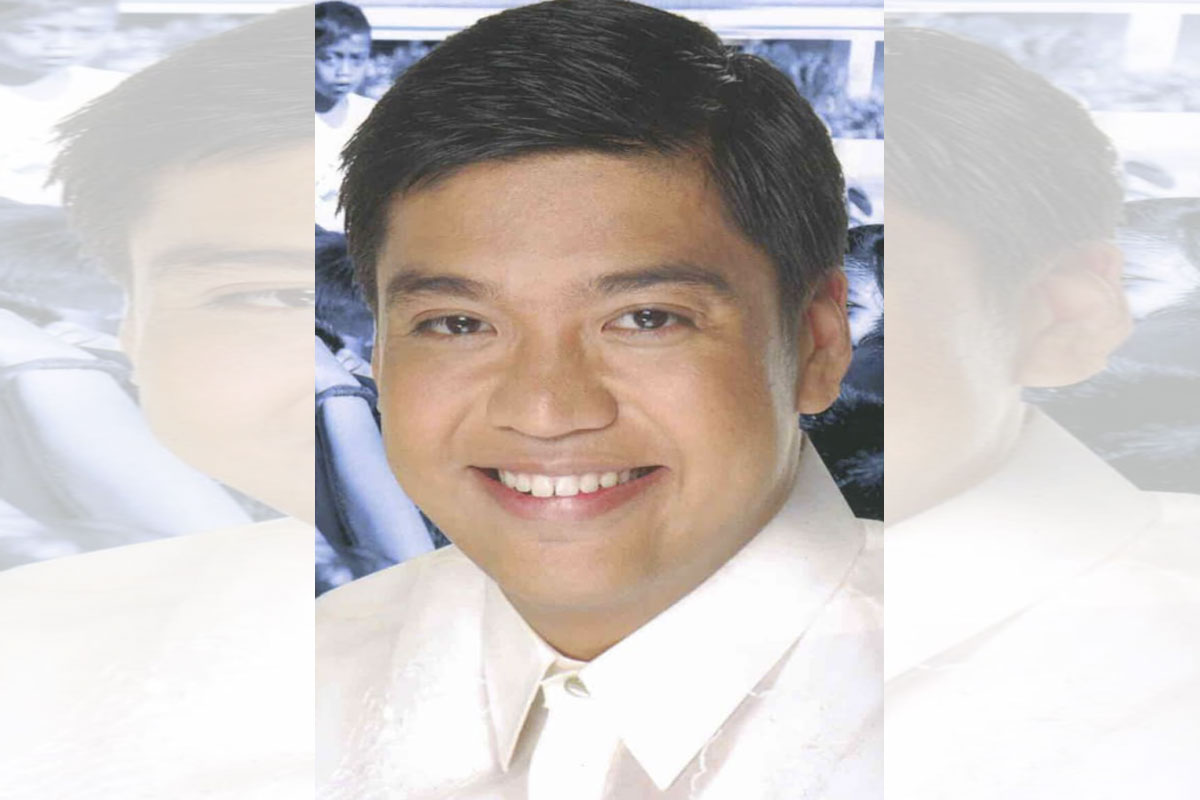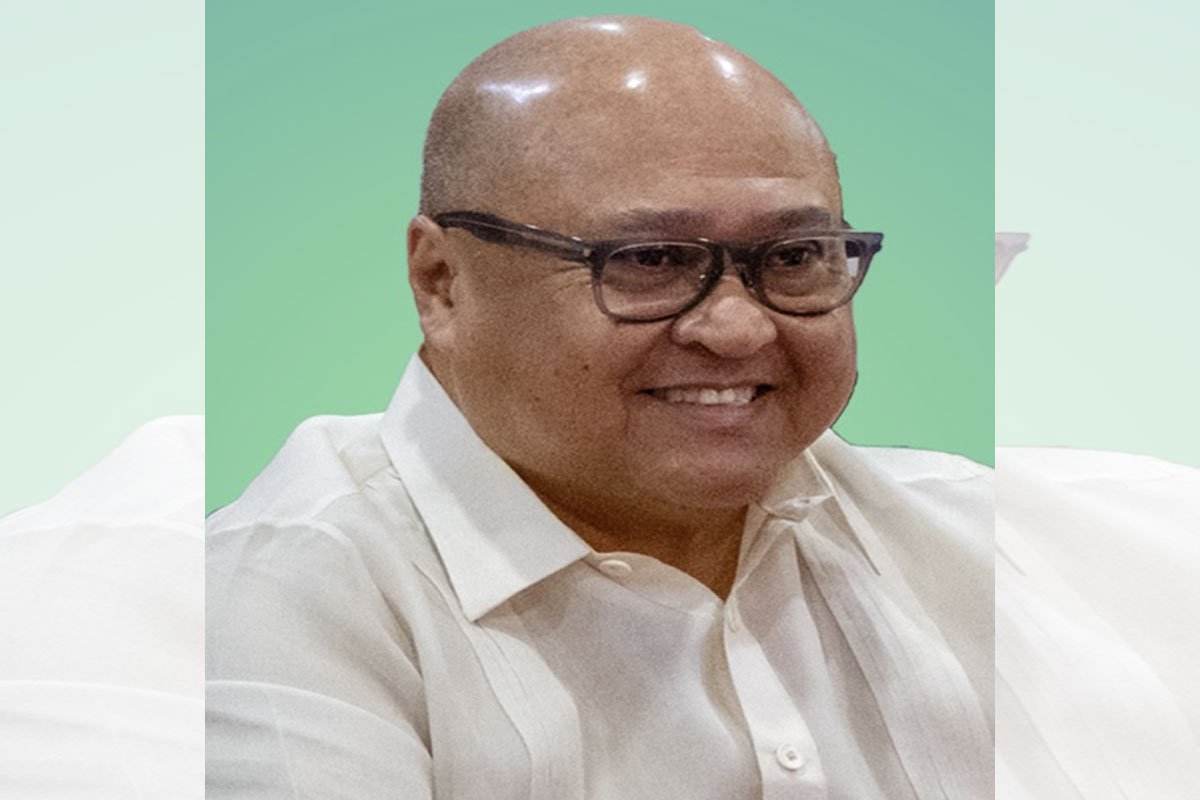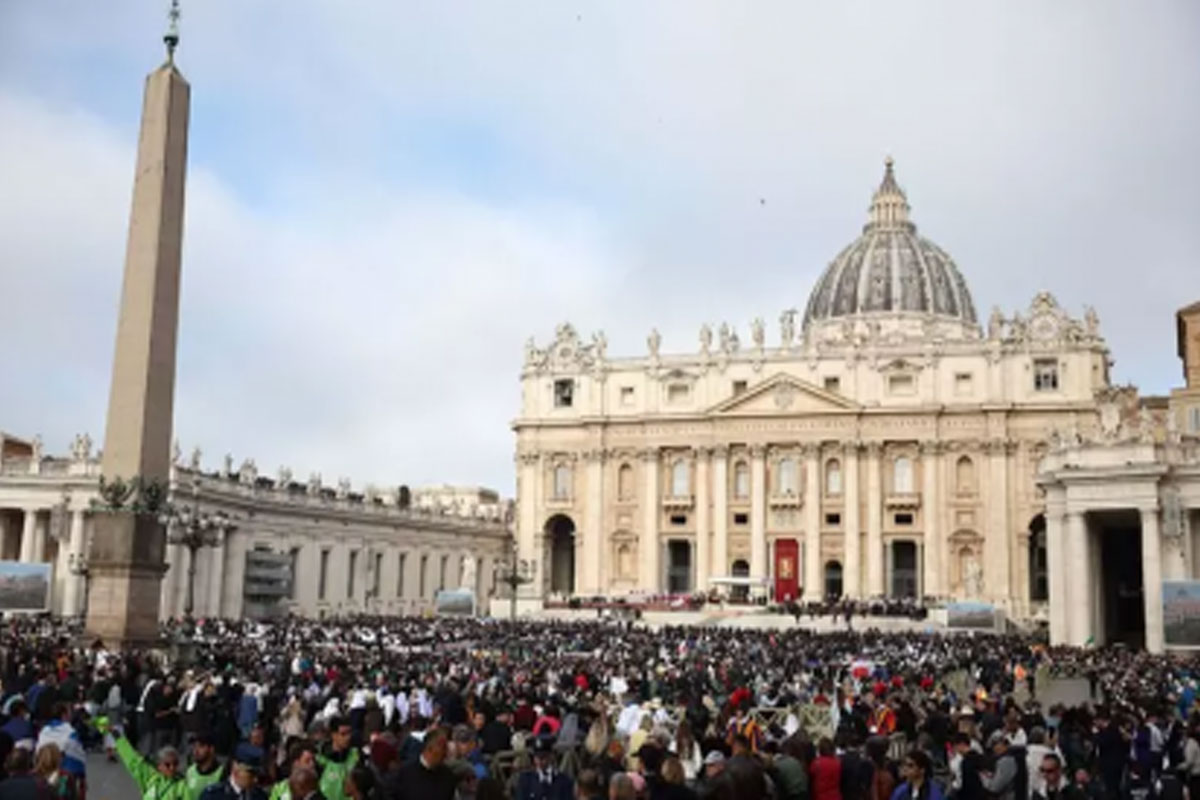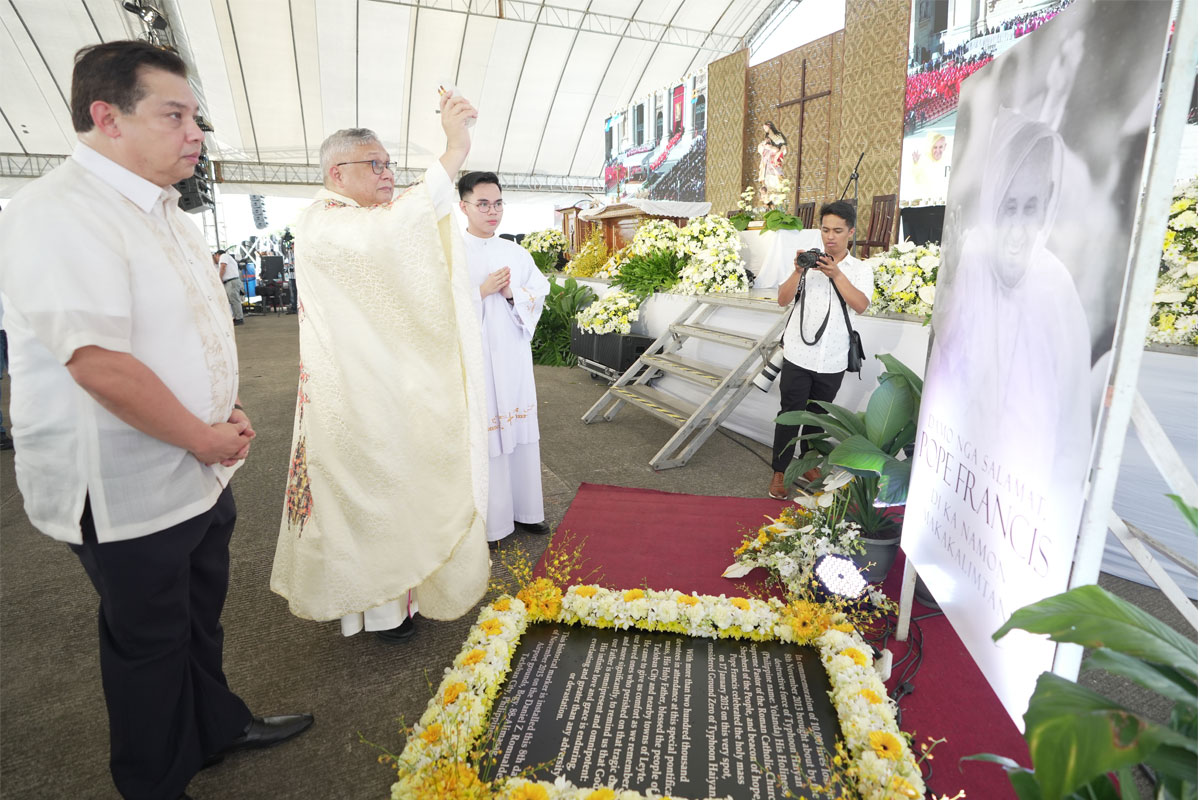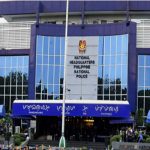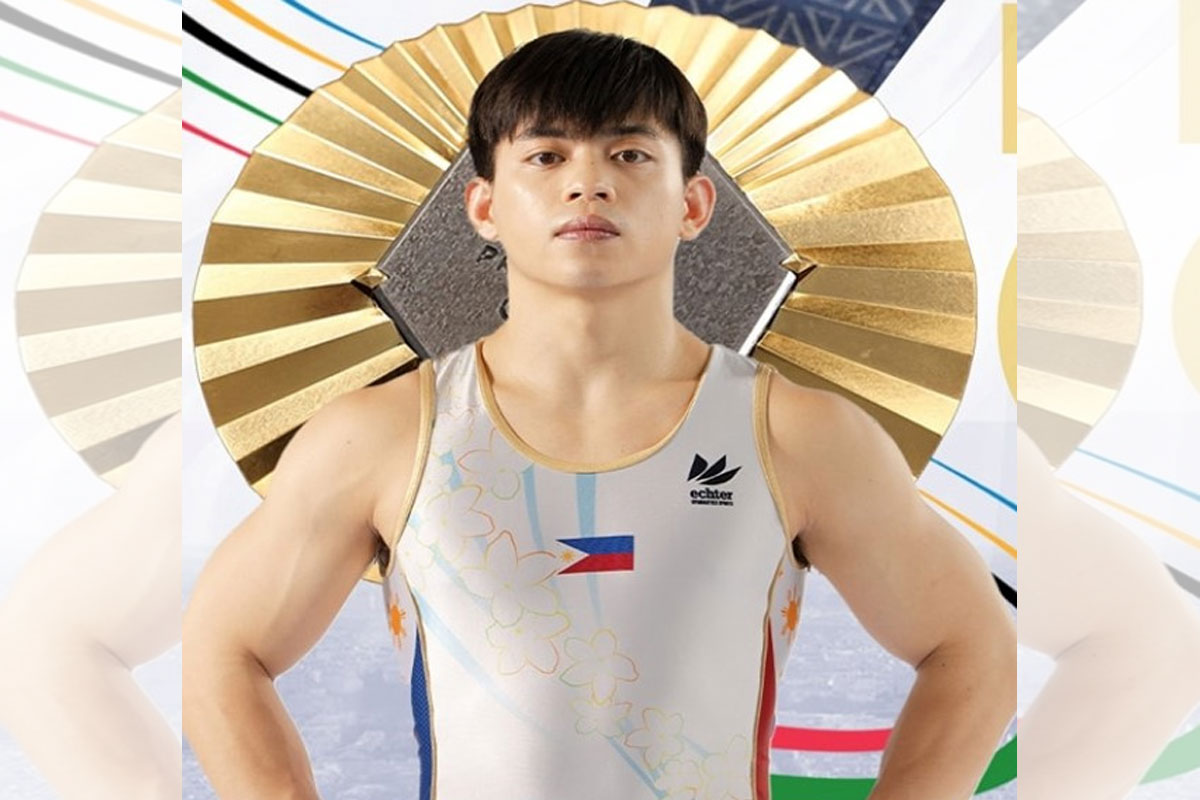
Pass House-approved bill on grassroots sports dev’t
Villafuerte appeals to Senate:
FOLLOWING the Philippines’ best-ever performance in the Olympic games in Paris, France, Camarines Sur Rep. LRay Villafuerte has called on the Senate to pass a matching version of a House-approved bill advancing grassroots sports development, in a bid to produce more homegrown medalists in the mold of gymnast-megastar Carlos Yulo and the other podium finishers in future Olympics and other international competitive games.
Villafuerte, National Unity Party (NUP) president, said our senators can help give grassroots sports development the premier attention that it has long deserved by passing this third and final session of the 19th Congress their version of the House-approved House Bill (HB) 8495 granting start-up funds or discount vouchers to young athletes who cannot afford paying the membership fees of local sports or recreation clubs.
He said that this bill on the proposed financial aid to young athletes will complement the measure already passed on third and final reading by both the House (HB 8468) and the Senate (Senate Bill or SB 2514) institutionalizing a Philippine National Games or PNG program.
“Passing the financial support bill in the Senate to complement the proposed PNG program already passed by both legislative chambers that similarly aims to promote grassroots sports development for the benefit of our skilled and dedicated young athletes across the country is in line,” he said, “with President Marcos’ search for reforms to make sure that we produce more medalists in future Olympics and other international sports competitions.”
In a media interview earlier this week, the President said that once he meets Yulo, he will ask him what he thinks needs to be done for us to produce more medalists in future international contests.
“Pagka nagkita kami itatanong ko sa kanya (Yulo) ano pa ang maitutulong ng pamahalaan para mas dumami ang ating mga medalists sa Olympics,” the President told reporters. “I will ask Caloy Yulo kung ano ba talaga sa palagay niya, ano pang puwedeng gawin ng pamahalaan para dumami ang ating medalists … kagaya niya. Anong kailangan gawin?”
Moreover, President Marcos committed in his third State of the Nation Address (SONA) for his government to “continue to support health-enhancing sports programs. Through these, we will also set forth our youth on the same well-established path that has taken some of our national champions and renowned athletes to sporting greatness.”
Villafuerte said the proposed enactment into law of both bills jibes, too, with the recent commitment of Speaker Martin Romualdez for the House to ensure sufficient funds in the proposed 2025 national budget for sports, with emphasis on grassroots development.
A co-author of both HB 8468 and HB 8495 on grassroots sports development, Villafuerte said: “In light of the impressive victories of Caloy (Yulo) and our other medalists in the just-concluded Paris 2024 games, we can only hope for our homegrown athletes to replicate—and even surpass—this Olympics feat, if and when we can put in place a broader, grassroots-based national recruitment program for young and talented Filipino athletes who can excel in international sports competitions, and then provide initial financial support to them and their respective sports clubs or organizations.”
Villafuerte, who is an extreme sports and basketball aficionado, said that HB 8468 also aims to cover young athletes with disabilities, and to grant financial support for accredited sports organizations to sustain their grassroots sports development initiatives or upgrade their respective sports facilities.
“The Philippines boasts its best Olympics performance ever in the just-concluded Paris Games exactly a century after we first participated in this premier sporting event in 1924, and the best way for us to replicate or surpass this feat in future games on the world stage is to spur thorough state and private-sector support at the grassroots level for our young athletes level who excel in local sports competitions,” Villafuerte said.
The Philippines has its best finish in the ongoing world games ever since it first joined the Olympics exactly a century ago in 1924, landing at No. 24 in the medal tally among 206 competitors as of Thursday (Aug. 8) with four medals—the two gold medals of Yulo plus one bronze medal each from Filipina boxers Nesthy Petecio and Aira Villegas.
“The 19th Congress can help the Marcos administration make this happen by writing a new law institutionalizing a biennial PNG, and another one that extends financial support to needy young athletes as well to accredited sports clubs that run grassroots development programs and/or need to upgrade their sports facilities,” Villafuerte said.
“And because both measures—HB 8468 and HB 8495—were already passed by the House of Representatives last year yet, it is now the turn of the Senate to make the twin proposals happen by considering the passage of their counterpart bill to HB 8495 this third and final session of the 19th Congress,” he added.
Villafuerte said that Yulo’s road to glory exemplifies the true potentials of grassroots development as the gymnast is a homegrown athlete who had honed his skills via participating in local contests and competing in the Palarong Pambansa games after he began training in gymnastics while still a gradeschooler in Manila.
Yulo grew up on Manila’s Leveriza Street, which is close to the Rizal Memorial Sports Complex, where he reportedly watched gymnasts practice there.
His younger siblings—Karl and Eliza—are also gymnasts who have competed in the nationwide Palarong Pambansa.
For Villafuerte, ”Caloy’s (Yulo’s) double-gold medal triumph should prompt our sports officials to give a long hard look at giving priority to the development of relatively non-traditional sports like gymnastics to further sharpen our global edge in international sports competitions and ensure more gold, silver and bronze medals for our athletes in world contests like the Olympics. If we sharpen our focus on sports disciplines like gymnastics and hire A-1 coaches and trainers from overseas to mentor our promising athletes, I am sure we will be able to produce more medalists like Caloy in international sports events like the Olympic games. ”
Villafuerte is co-author of the substitute bill that the House committee on ways and means passed last Aug. 5 exempting from taxes the rewards or donations to Filipino medalists and their coaches in international competitions, starting off with Yulo and the other Filipino athletes who won medals in the Paris Olympics 2024.
He had likewise sought swift plenary approval of this tax-exemption bill by the House of this measure, and also passage by the Senate this third legislative session.
Villafuerte said the House committee-approved substitute bill—it consolidated his bill with five other measures— aims to amend Republic Act (RA) 10699, or the “National Athletes, Coaches and Trainers Benefits and Incentives Act” of 2015, by adding Section 10-A in this law that states that the incentives and other forms of emoluments received by Olympic medalists and their coaches, whether from public funds or private persons or entities, shall be exempt from any and all taxes, fees and other charges levied by any national or local government agency.
A former CamSur governor, Villafuerte said the House last year approved on third and final reading HB 8468 that gives a central role to local government units (LGUs) in the institutionalization of a PNG program, which “shall be the premier nationwide platform for identifying and training athletes who have the potential for becoming world-class athletes in international sports contests.”
The House likewise passed on third and final reading the complementary HB 8495 that seeks to grant start-up funds or discount vouchers to young athletes, including those with disabilities, who cannot afford to pay the membership fees of local sports or recreation clubs; and support funds for accredited sports organizations to either sustain their grassroots sports development initiatives or improve their sports facilities, he said.
Both bills aim to flesh out, he said, Art. XIV, Sec. 19 of the 1987 Constitution that seeks “to institutionalize a national sports program at the grassroots level by mandating the State to encourage sports programs and league competitions, as well as training for international sports competitions, to foster teamwork and excellence in pursuit of a healthy citizenry.”
Villafuerte had co-authored both HB 8468 and HB 8495 along with fellow CamSur Reps. Luis Miguel Villafuerte and Tsuyoshi Anthony Horibata.
He said that HB 8468 proposes that, “The PNG be held once every two years to serve as the country’s premier national sports competition, with strong support from all LGUs that are tasked to promote the development of sports in all provinces, cities, municipalities and barangays in the country.”
Under this bill, he said, the PNG shall be the venue for all National Sports Associations (NSAs) to promote their respective sports programs at the grassroots level with the necessary linkages with LGUs, and serve as the feeder program for the pool of student-athletes who shall be given priority in the grant of full high-school scholarships at the National Academy of Sports (NAS).
A lead author as well of the NAS law (Republic Act or RA 11470), Villafuerte said that in line with this goal, HB 8468 wants the Palarong Pambansa and other local sports contests organized by LGUs to become the “feeder system” for identifying and recruiting top athletes in the various PNG sports programs.
The bill aims to establish as the programs’ policy-making and coordinating body, he said, a seven-member PNG Board with the Executive Secretary as chairperson; the Interior and Local Government Secretary as vice chairperson; and the Education Secretary, Defense Secretary, and heads of the Philippine Sports Commission (PSC), Philippine Olympic Committee (POC) and the Commission on Higher Education (CHED), as members.
The PSC chairperson shall serve as the PNG secretary-general.
Among the numerous tasks of the would-be PNG Board are to:
· Recognize the Local Sports Councils (LSCs) that shall be given authority to select the athletes and teams qualified to participate in the biennial PNG;
· Develop and recommend programs and policies promoting the PNG and ensuring the support of LGUs in all its sports events; and
· Provide incentives and rewards to host-LGUs and winning LSCs.
The PNG system shall comprise at least 51 sports, including the relatively newer ones like canoe-kayak, dancesport or competitive ballroom dancing, floorball or floor hockey, sambo martial art, futsal or hardcourt (indoor) football, and petanque or lawn bowling.
HB 8468 states that these sports to be played in the PNG shall be aligned with the sports events that our country joins in the Asian Games, Southeast Asian (SEA) Games, Olympics and other mandatory international sports competitions, including the Paralympic Games.
These mandatory sports events in the Olympics and Paralympic Games shall be included in the PNG, according to the bill, as far as practicable, and subject to the availability of the pertinent sports facilities and venues of the host-LGUs.
The bill states that LGUs shall organize their respective local sports councils (LSCs), which shall be headed by the concerned provincial governors, city or municipal mayors, or the barangay chairpersons.
These LSCs shall promote and organize local sports competitions within their respective jurisdictions; recruit, train, and select athletes for the PNG; develop and maintain a pool of local athletes and provide them with the necessary assistance; and authorize the chosen athletes to represent their respective LSCs in the PNG and corresponding regional and cluster qualifying competitions.
The Union of Local Authorities of the Philippines (ULAP), which is the umbrella group of all LGU organizations, is tasked, meanwhile, to oversee and ensure the implementation of PNG plans in the concerned localities; assist in disseminating PNG information in the localities to encourage the active participation of the public; and recommend to the PNG Board the priority sports in the localities.
As for HB 8495, Villafuerte said this companion bill seeks to create three separate funds supportive of young athletes and their accredited sports clubs or organizations. These are the:
· “Get Started” Fund — an annual discount voucher of P3,000 each per beneficiary to help young athletes, including those with disabilities, pay for their membership, registration, participation, training, or general fees, including the purchase of sports equipment and uniforms;
· “Get Going” Fund — an annual support fund of up to P50,000 for each accredited sports or recreation clubs, sports associations and sports organizations for sustaining their existing projects and programs on grassroots sports development; and
· “Get Playing” Fund — an annual financial aid of up to P500,000 each to assist accredited local sports clubs and sports organizations in improving their sports facilities and encouraging more young athletes to become actively involved in their chosen sports activities.
For athletes to be eligible for the annual support fund, they must be below 18 years of age and are residents of the localities where the accredited sports clubs are located.
As for the sports clubs or organizations, they can avail of the financial support if they are affiliated with the NSA and accredited by the PSC or POC.
The money needed for the initial implementation of HB 8468 and HB 8495 shall be taken from the PSC budget, while the allocations for the succeeding years shall be included in the annual General Appropriations Act (GAA).
When he was CamSur governor, Villafuerte established the CamSur Sports Academy, which integrated sports training in the curriculum of high school students.
This initiative sharpened the skills of CamSur student athletes who later on excelled in Palarong Pambansa competitions, he said.





